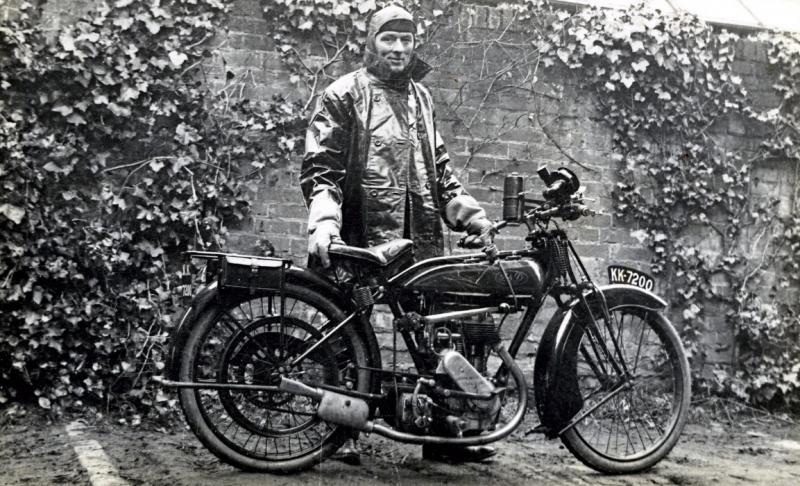While recovering from a skiing accident, Liveryman Alan Mitchell explores Shakespeare's shrewd understanding (management consultant-style ?) of the desired outcomes of the Tudors....
As a result of some inept skiing in February I have had two months of too much day-time and, much more positively, lots of reading time. A book I found particularly stimulating and one I believe all trainee Management Consultants would be well advised to read is ‘The Daughter of Time’ by Josephine Tey. (Arrow Books ISBN 978-0-099-53682-6) Let me explain why – (in the style of Ronnie Barker albeit without the jokes).
I have been enjoying the celebration of Shakespeare on the occasion of the 400th anniversary of his death. I was lucky enough to start my working life working in an office in Worcester and was able to participate in regular parties visiting Stratford to see the Royal Shakespeare Company in action. I had read my two mandatory Shakespeare plays to acquire my ‘O’ level English pass (The Scottish Play and Julius Caesar) and did not expect to come across his path again. I started as a slightly grudging attendee looking forward to the drinks interval but accompanying an enthusiast. But I was exposed to skilled people speaking the words and I became a convert to live theatre and out-enthused the enthusiast. I particularly remember a fine season with Derek Jacobi leading the ensemble.
Having fallen out with the enthusiast (but having received from her a beautiful copy of The Complete Works of William Shakespeare) I moved to London and was able to attend many of the Old Vic's productions of the cycle of plays in the mid-1980s. It was during that cycle I saw a young Martin Clunes being enthusiastically met at the stage door by members of his family after he had played a minor role. [He seems to have enjoyed a very successful career since but not much more Shakespeare yet.] It was late April 1986 and the reason that sticks in my mind is that next morning we all awoke to the news of the Chernobyl disaster which had taken place some days earlier but only emerged when western scientists started measuring the fall out.
For me the beauty of Shakespeare is his ability to help us understand the human condition and provides a mirror for us to see ourselves. He is also a great example of an author telling his story to meet the needs of his sponsor – he knew which side his bread was buttered on. He has been so successful with some of his stories that they have become history. Take Richard III. The play has so entered the national psyche (apologies to all you history graduates who know the truth) that Richard III ‘s reputation is permanently damaged. The play has it that he embodies pure evil and that he usurped the rightful heirs, the sons of his brother Edward IV and Elizabeth Woodville – the Princes in the Tower. So why would Shakespeare take this line? Well he was writing for the Tudors and the Tudor dynasty depends on debasing Richard III and his claim to the throne.
Henry VII, the first Tudor monarch beat Richard III in battle, but otherwise his claim to the throne is based on a line from Owen Tudor who married Catherine of Valois who had previously been married to Henry V of the House of Lancaster. So basically no Lancaster blood in the Tudors therefore no real claim.
Henry VII attempted to strengthen his claim by marrying the sister of the Princes in the Tower, Elizabeth of York, daughter of Edward IV and Elizabeth Woodville. It all came unravelled because Edward IV was already married and not free to marry Elizabeth Woodville. So the issue of that union, including the Princes in the Tower and Elizabeth of York were all illegitimate. It was this illegitimacy that meant the crown correctly went to Edward’s brother Richard.
Henry VIII was well aware of the weakness of his title to the crown inherited from his father and did much to besmirch the reputation of Richard III in order to suggest that the Tudor line had rescued England from a tyrant. Shakespeare, having a sound commercial head, played to the official version as favoured by the Tudors. To be fair to him he may have been unaware of the ‘truth’. The ‘truth was widely exposed during the Stuart period but the power of the play still remained all pervasive and Richard III retains his bad man image.
If you are still with me you may remember I mentioned Josephine Tey’s book ‘The Daughter of Time’. She wrote mystery books and in this book her detective is stuck in hospital with a broken leg but from the confines of his bed starts to investigate who murdered the Princes in the Tower. His forensic approach exposes a cast of characters who tend to provide the ‘truth’ that their sponsors or the people with power wish to hear. The challenge I took from this book is -
‘Do I as a Management Consultant always dig for all the evidence available or do I just stop when I get the answer that will keep the client happy?’
‘Do I prepare my client to deal with the truth?’
‘Is the truth absolutely important or should it be subservient to political and economic stability’?
It is also a good distracting read if the pain for your fractured shoulder is giving you gyp...
As a final thought. Can anyone explain the connection of this photograph to management consultancy?

If the Editor is still talking to me I may give an answer in a future newsletter.
Liveryman Alan Mitchell
